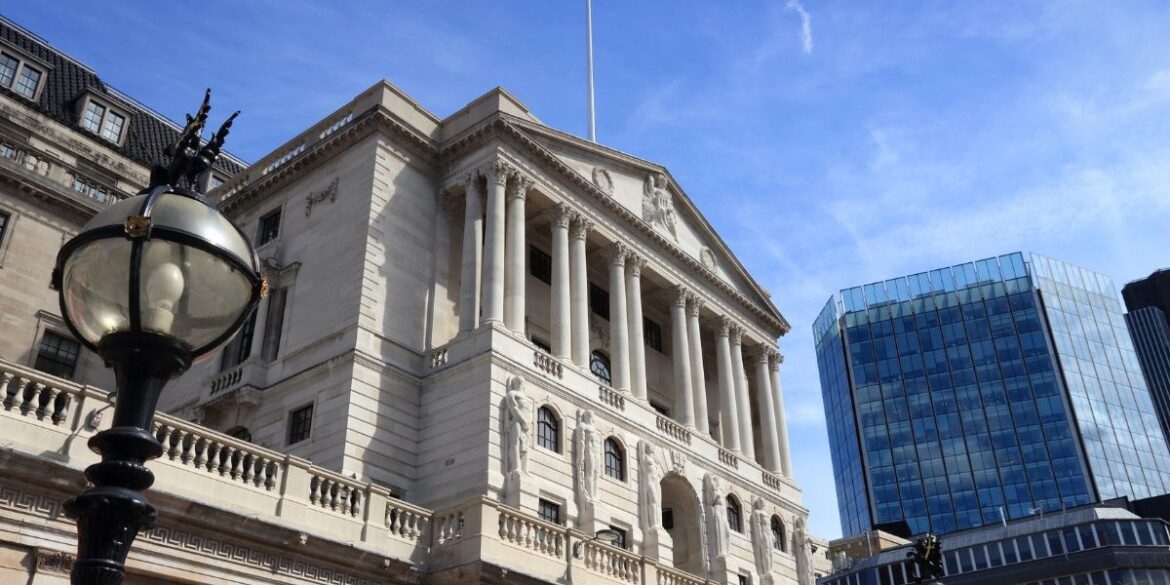The Bank of England (BoE) implemented a widely anticipated 25-basis-point interest rate cut on May 7, 2025, lowering its base rate from 4.50% to 4.25%. This marks the central bank’s fourth rate reduction since August 2024 and the first since spring 2023, signaling a cautious shift in monetary policy as inflation continues to ease.
The decision by the BoE’s Monetary Policy Committee (MPC) was not unanimous. In a closely watched vote, the committee split 5–4, reflecting internal disagreements about the pace and extent of further rate cuts. While a slim majority favored the reduction, four members expressed concern that cutting too aggressively could reignite inflationary pressures.
Economists largely attributed the BoE’s move to a noticeable decline in inflation. The Consumer Price Index (CPI) for March showed a year-over-year increase of approximately 2.6%, a significant improvement from the highs observed in previous years. This deceleration in price growth provided the central bank with a degree of flexibility to support the economy amid persistent global uncertainties.
External factors also played a critical role in the decision. The global trade environment has grown increasingly strained, with new U.S. tariffs adding pressure to supply chains and international commerce. These developments have prompted central banks worldwide to reassess their policy stances to cushion potential economic fallout.
In the wake of the BoE’s announcement, mortgage lenders were quick to respond. Several institutions lowered their borrowing rates, offering some relief to homeowners and prospective buyers. The reduction in mortgage rates is expected to boost consumer sentiment and stimulate activity in the housing market, which had slowed under previous tighter financial conditions.
Chancellor Rachel Reeves welcomed the BoE’s decision, stating that the rate cut would benefit not only mortgage holders but also businesses and individuals seeking personal finance solutions. She highlighted that the move aligns with broader efforts to sustain economic growth and support financial stability.
However, BoE Governor Andrew Bailey tempered expectations by emphasizing that future monetary policy decisions will remain “data-dependent.” He noted that while current inflation trends are encouraging, external shocks—such as fluctuating energy prices or further disruptions in global trade—could alter the economic outlook rapidly.
Financial markets responded positively to the rate cut, with equities climbing and bond yields stabilizing. Analysts interpreted the move as a dovish turn by the BoE, underscoring its commitment to balancing inflation control with economic support.
Despite the market optimism, uncertainties remain. The impact of U.S. trade policies, ongoing geopolitical tensions, and volatile energy costs could yet pose risks to the UK’s economic recovery. The BoE’s cautious approach suggests that while interest rates may continue to decline, any further adjustments will be made judiciously and in response to evolving data.

